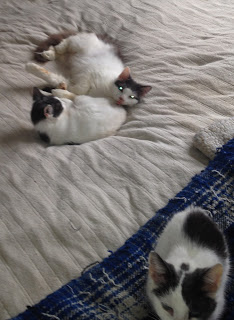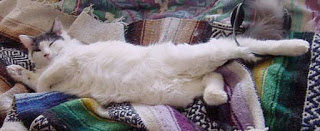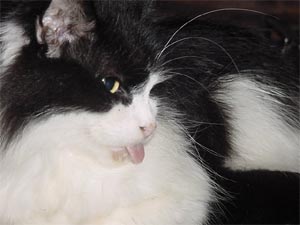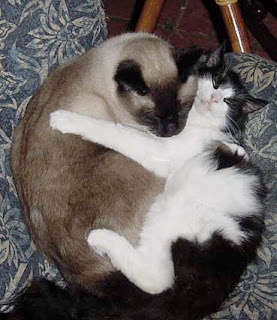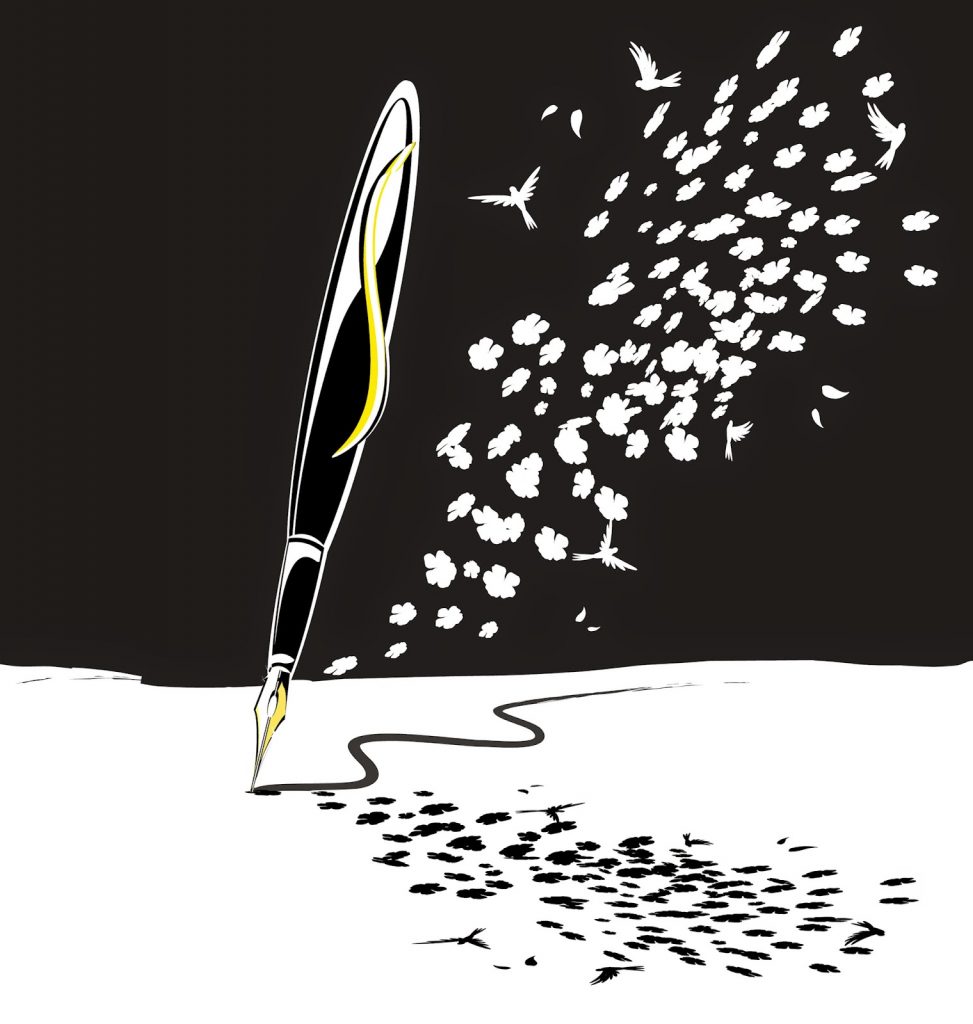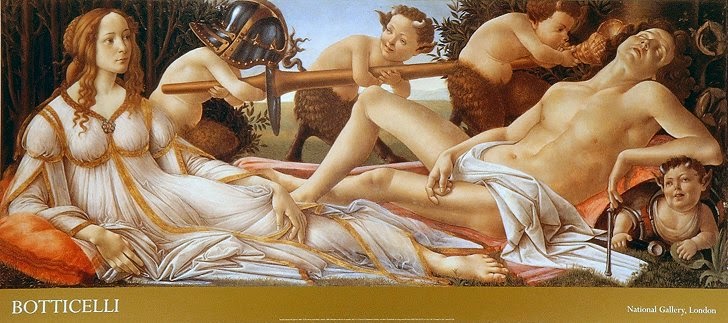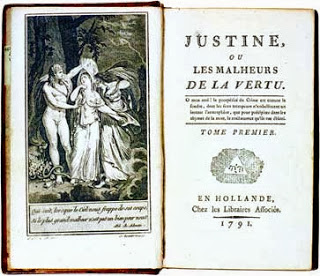What makes a really great sex scene?
Many authors will tell you it’s description—all the senses, touch, taste, feel, smell, sight, hearing. But it isn’t. The secret to great sex writing—are you ready? Wait for it… the secret to great sex writing is…
Emotion.
That’s it. Make your reader feel. That’s all you need to do.
How, you ask? Here are a few guidelines.
THEY’RE ALIVE!
Your characters are alive and they are not the sum of their parts. They aren’t measurements or hair color or penis size. I’ve done sex scenes without mentioning any of the above. Don’t ask, “What would my character do in this situation?” Let them act. Let them decide. Let them speak. Let them feel. Especially let them feel.
GET TURNED ON
If you’re bored writing a sex scene, your readers will be bored. If you’re turned on, your reader will be turned on. The emotion you are feeling will be conveyed on paper. It’s a natural law of the writer universe. (This applies to any scene, not just sex ones, by the way. If it moves you to tears, it will move the reader as well).
DON’T STOP
If you’re turned on during a sex scene, really getting into it, your fingers flying over the keyboard, unless the house is on fire or we’re under nuclear attack, DON’T STOP. Never, ever stop in the middle of a sex scene. (This rule also applies well to actual sex). You will lose your momentum, and it won’t be the same when you come back to it. Your mood will have shifted, and the reader will feel it.
LUST
Human beings want. Our entire culture and economy is based on desire. We lust after the things we want. We dream about them. We fantasize about them. We want. And we want. And we want some more. Our bodies and our brains are hardwired for desire. We don’t just eat once and then we’re done. We don’t just have one orgasm and then it’s all over. We continue to crave what we want. Our emotions rule us, especially when it comes to sex. They’re naturally going to rule your sex scene, too. We don’t insert tab A into slot B because we’re following a blueprint manual. There’s a reason behind our physical responses, and that reason is always, always tied to emotion. Remember that. Use it.
Desire is what makes the sex hot. Make your readers wait for it. Foreplay begins with seduction, not with sex acts. It begins with eye contact. Flirting. Innuendo. It progresses, but slowly. Tease your readers. Tease yourself. Draw it out. Make it a long, slow burn. The best orgasms are the ones we wait a long time for. It’s no different when writing sex than it is doing it, really.
DON’T BE AFRAID
Don’t be afraid of the sex. Don’t be afraid of the fluids, the flesh, the human expression of our bodies. It is what it is. Some writers will tell you not to ever speak of bodily fluids. They’re above all that messy stuff. Thankfully, erotica and erotic romance have come a long way, baby. We can use the words cock and pussy now, and I would encourage you to do so. I wouldn’t suggest using the medical terms, however (i.e. penis and vagina) or euphemisms like “member” or “sheath.” Cock and Pussy are good. Think of them like peas and carrots. They go together. A few (and I mean a FEW) other words can work for a little variety. Prick or dick for example. Or cunt. No, don’t be afraid of the words we use during sex. It’s okay to talk dirty. “Please,” or “Now,” or “Suck me,” or “Lick me,” or “Harder. There. More.” These are words we’ve all spoken (I hope!) They naturally arouse. That’s a good thing. I’m not afraid of cum – I’m not even afraid of spelling it “wrong.” You shouldn’t be either.
THE GRAND FINALE
Once you reach the point of no return, you’ve built up to the sex, you’ve teased your readers (and your poor characters) enough, now it’s time to give them what they want. This is not the time to skimp. You can’t gloss over the orgasm. (Or orgasmS). We all (hopefully!) know what an orgasm feels like. Description doesn’t have to be technical here. There are spasms and contractions, there is throbbing and trembling, gasps, moans—the combinations are endless. You can and should include those, but don’t be afraid to move into the realm of metaphor. Sex can be like flying. It can be like falling. It can be like dying. This is the culmination of everything, the point you’ve been waiting for, working toward. Let your imagination go as wild as you would during an actual orgasm. Let yourself free.
DEFYING THE LAWS OF PHYSICS AND OTHER MISHAPS
On a practical note – your characters shouldn’t defy the laws of physics. Women cannot take twelve inches of hot man meat down their throats. An average vagina is only eight inches deep. 44DD breasts cannot defy gravity. And if you’re using any of the above descriptions in your sex scenes, you need a basic writing course, not a primer on sex scenes. Also, don’t let your character’s clothes go missing. She can’t be wearing pantyhose one second and be taking it from behind the next. The clothes have to come off and be accounted for somehow. Trust me, your readers will notice if they aren’t.

Selena Kitt
Erotic Fiction You Won’t Forget
www.selenakitt.com
LATEST RELEASE: Step Beast and Highland Wolf Pact Boxed Set



